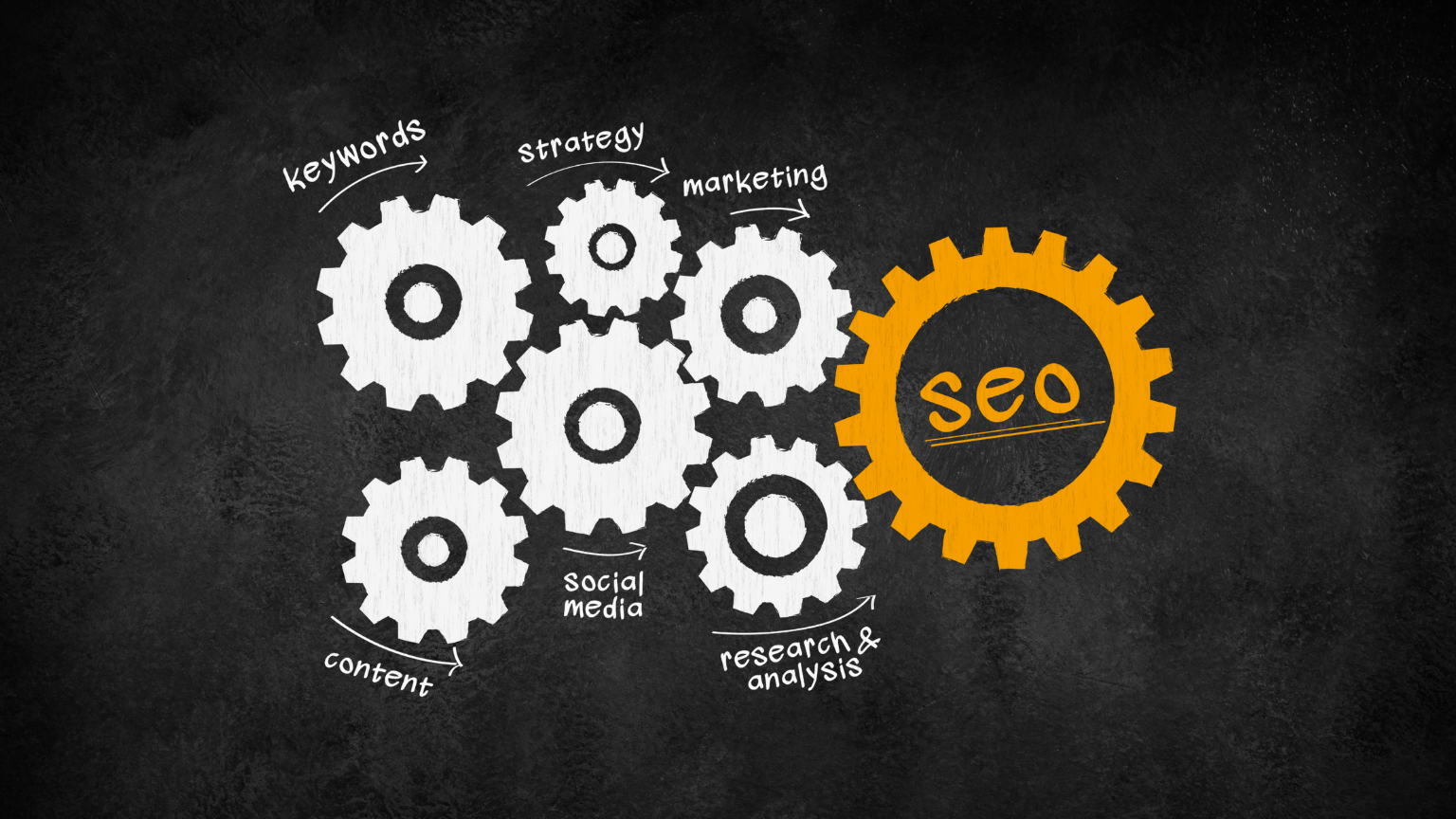Introduction
The landscape of search engine optimization (SEO) is evolving faster than ever. With the advent of artificial intelligence (AI), a new paradigm known as Generative SEO is emerging—an approach that blends AI-powered content generation with traditional SEO principles to drive better visibility, faster content production, and scalable digital growth.
In this article, we will explore the concept of Generative SEO, its advantages, potential pitfalls, use cases, and how businesses and marketers can leverage it to outperform competitors in an increasingly saturated digital space.
What is Generative SEO?
Generative SEO is a strategy that uses AI-driven tools and models (like OpenAI’s GPT, Google’s Gemini, Jasper, or Writesonic) to create SEO-friendly content at scale. The content may include blog posts, service pages, product descriptions, FAQs, metadata, and even structured data that align with search engine ranking factors.
It differs from traditional SEO by focusing on automated, intelligent content generation that is context-aware, keyword-optimized, and semantically rich—built with both users and algorithms in mind.
Key Components of Generative SEO:
- AI-powered keyword research and clustering
- Automated content generation and optimization
- Real-time adaptation to algorithm updates
- Data-driven topic modeling
- Programmatic SEO using templates and structured data
How Does Generative SEO Work?
Step 1: Keyword Intent Mapping
AI tools scan search engine results pages (SERPs) and user intent signals to identify:
- Informational, transactional, or navigational queries
- Long-tail keywords
- Zero-click or featured snippet opportunities
Step 2: AI Content Generation
Once the keywords are mapped, the AI generates content formats like:
- Long-form blogs
- Location/service pages
- Meta titles & descriptions
- FAQs & How-To guides
- Comparison tables and schema-rich answers
Step 3: Human + Machine Collaboration
Although AI handles the bulk of the content generation, human editors refine it to:
- Maintain brand voice and tone
- Ensure accuracy and compliance
- Add unique insights or examples
Step 4: Performance Tracking and Continuous Optimization
With SEO tools like SEMrush, Ahrefs, SurferSEO, or Clearscope, content is measured against:
- Keyword rankings
- Bounce rate
- Time on page
- Click-through rate (CTR)
- Conversion rate
AI also learns from this performance data to generate better content in the future.
Benefits of Generative SEO
1. Scalability
Traditional SEO content creation is slow and expensive. Generative SEO can produce thousands of pages with consistent quality and faster turnaround.
2. Improved SERP Coverage
AI can help identify content gaps, featured snippet opportunities, and semantic keyword clusters to improve ranking across more SERP real estate.
3. Personalization and Localization
AI can localize content for multiple regions (like “SEO agency in Pune,” “SEO services in Mumbai”) without writing each page from scratch.
4. Cost Efficiency
Automating content production saves costs on hiring large writing teams, allowing businesses to scale without dramatically increasing budgets.
5. Programmatic SEO Capabilities
Generative SEO supports programmatic content creation—for example, creating thousands of city-based service pages (“best dentist in [city]”) or product pages at scale.
Use Cases of Generative SEO
1. E-Commerce Platforms
Generate product descriptions, category pages, and buyer guides optimized for SEO.
2. SaaS Websites
Create feature pages, landing pages, technical documentation, and knowledge bases.
3. Local SEO for Agencies
Automate content for different cities, regions, or service areas.
4. News & Media Outlets
Quickly generate summaries, updates, and trending article templates.
5. Affiliate Websites
Produce high-converting comparison posts and buyer guides for affiliate SEO.
Challenges and Risks of Generative SEO
While promising, Generative SEO comes with its own set of concerns:
1. Content Quality and Originality
Google penalizes duplicate or low-value content. AI content must be edited to add originality and insights.
2. E-E-A-T Compliance
Generative SEO content must demonstrate Experience, Expertise, Authoritativeness, and Trustworthiness to rank well.
3. Over-Reliance on Automation
Fully automated workflows may lead to off-brand messaging, factual errors, or unnatural tone if not properly monitored.
4. AI Detection Algorithms
Google is increasingly detecting and devaluing content that lacks human value or appears spammy.
5. Ethical and Legal Considerations
Using AI to write content without proper citations or sourcing can lead to copyright issues or misinformation.
Best Practices for Implementing Generative SEO
1. Use Human-AI Collaboration
Don’t publish raw AI outputs. Edit, fact-check, and inject your brand’s voice to add value.
2. Focus on User Intent
Align content with what users are actually searching for, not just high-volume keywords.
3. Leverage Structured Data
Use schema markup to improve discoverability for featured snippets, FAQs, and rich results.
4. Optimize for Search and User Experience
Use clear headings, bullet points, transition words, and concise sentences. Keep readability in check (use Yoast SEO guidelines).
5. Build Topical Authority
Create content clusters around core topics, linking related articles and guides to build internal SEO strength.
Tools for Generative SEO
| Tool | Use Case |
|---|---|
| ChatGPT | Content generation and FAQ creation |
| Jasper AI | Marketing content and email copy |
| SurferSEO | Content score and SERP optimization |
| Frase | AI-assisted content briefs and outlines |
| SEMrush | Keyword research and competitor analysis |
| Ahrefs | Backlink research and topic clusters |
| Yoast SEO | WordPress SEO optimization and readability checks |
Generative SEO vs Traditional SEO
| Feature | Traditional SEO | Generative SEO |
| Content Production | Manual | AI-Powered |
| Speed | Slower | Fast and Scalable |
| Cost | High (writers, editors) | Cost-effective |
| Flexibility | Limited | Adaptable to real-time changes |
| Human Involvement | High | Medium (for editing) |
Future of SEO: Is Generative SEO Sustainable?
Google’s algorithm is moving toward rewarding:
- Helpful content
- High-quality experience-driven pages
- Thought leadership and authenticity
Generative SEO, when used ethically and strategically, complements these goals by empowering businesses to create more content, faster, and with better alignment to user needs.
However, Generative SEO is not a replacement for expertise or originality. It is a tool, not a solution in itself.
Conclusion: Should You Invest in SEO?
If you want to rank faster, scale your content, and stay ahead of the SEO curve, Generative SEO can be a game-changer—especially when combined with a strong editorial process.
Agencies like Jackfruit Digital are already blending AI and human expertise to build future-proof content ecosystems for businesses across Pune and beyond.
With the right implementation, Generative SEO can help your website:
- Rank for more keywords
- Serve user intent better
- Generate more traffic and leads
- Stay agile in a changing digital world
Ready to scale with Generative SEO? Let’s build a content strategy that ranks and converts.






